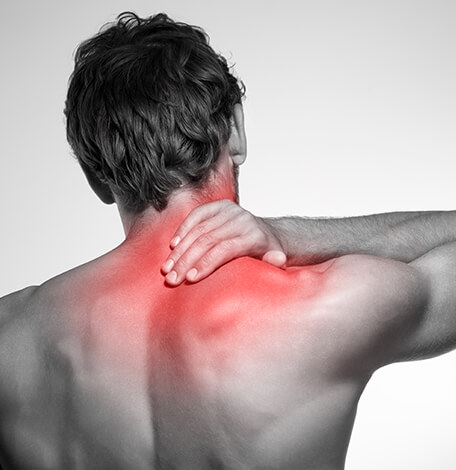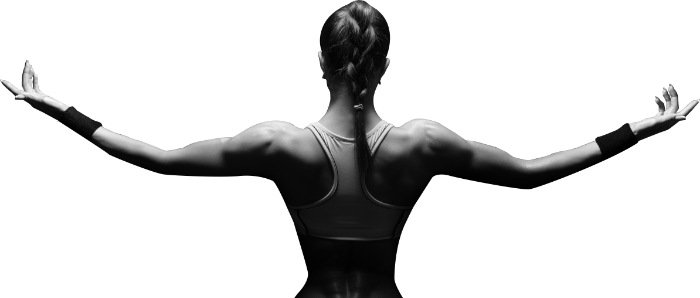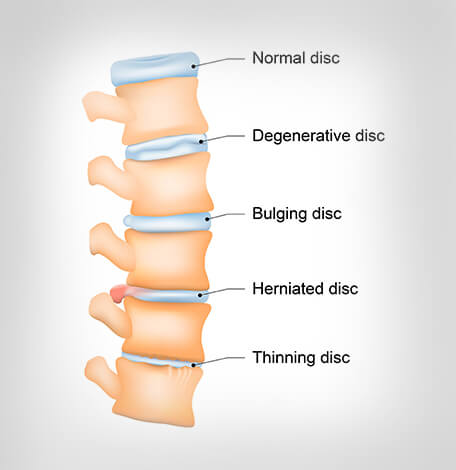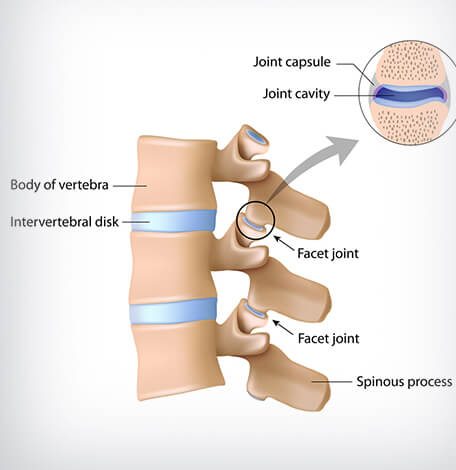
Muscle Strain - Downtown Toronto Neck Physiotherapy
Our Downtown Toronto neck physiotherapy program sees a lot of muscle strains. A muscle strain (pulled muscle) in the head and neck occurs when the muscle fibres endure strenuous activity beyond their limits. Both professional and amateur athletes may experience muscle strain when sprinting, stretching or changing direction quickly. Mild muscle strains will usually result in soreness and swelling. Additionally, the range of movement around the affected muscle may be inhibited. More serious strains will cause considerable pain and severe restriction in movement.








